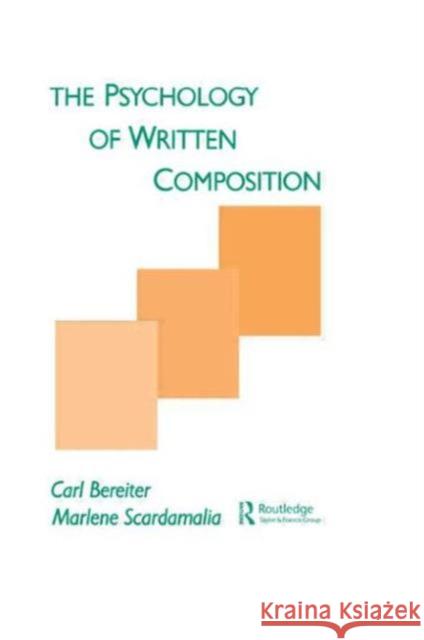The Psychology of Written Composition » książka
topmenu
The Psychology of Written Composition
ISBN-13: 9780805800388 / Angielski / Miękka / 1987 / 389 str.
The Psychology of Written Composition
ISBN-13: 9780805800388 / Angielski / Miękka / 1987 / 389 str.
cena 377,08
(netto: 359,12 VAT: 5%)
Najniższa cena z 30 dni: 362,64
(netto: 359,12 VAT: 5%)
Najniższa cena z 30 dni: 362,64
Termin realizacji zamówienia:
ok. 22 dni roboczych.
ok. 22 dni roboczych.
Darmowa dostawa!
First Published in 1987. Routledge is an imprint of Taylor & Francis, an informa company.











